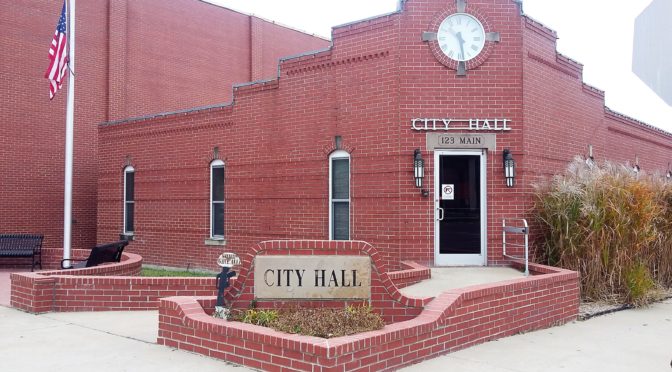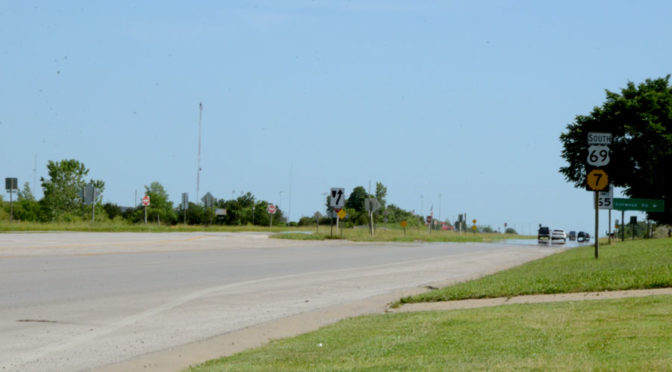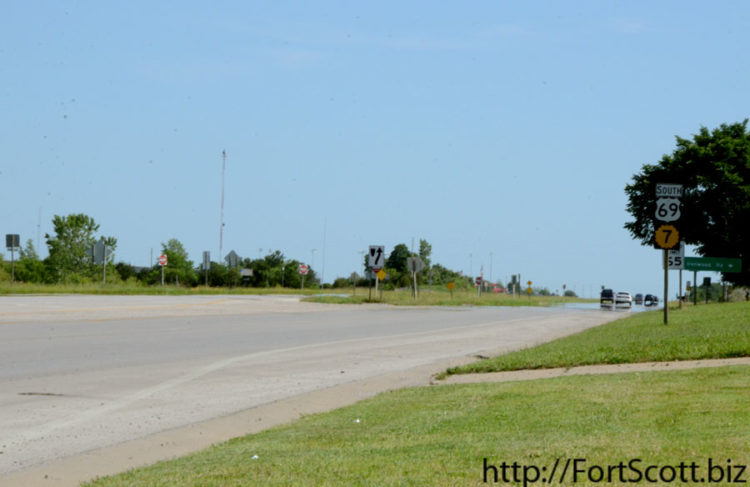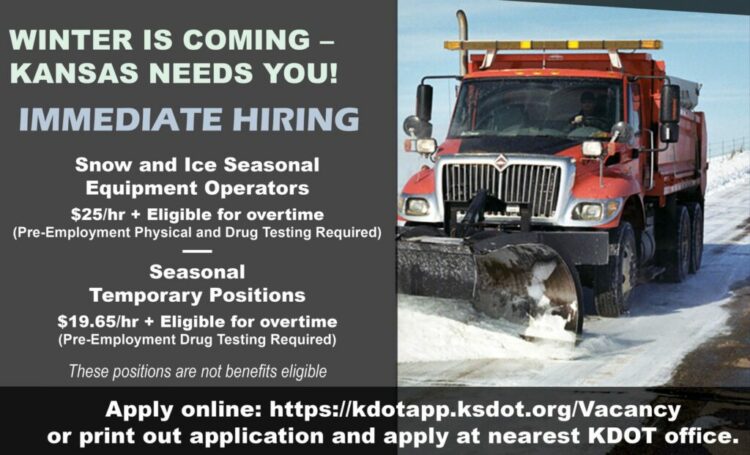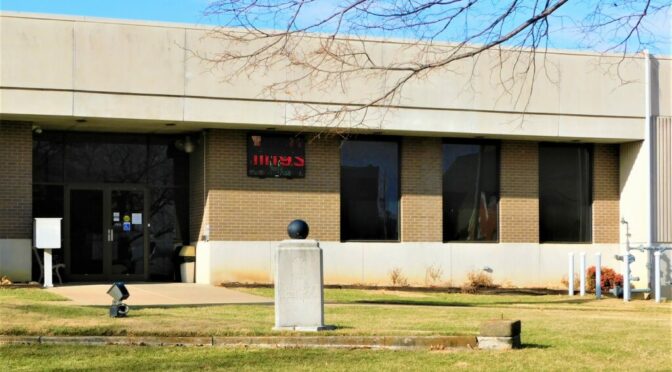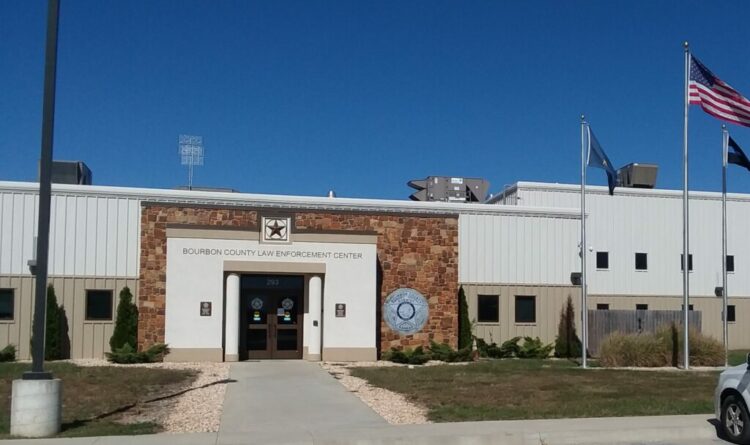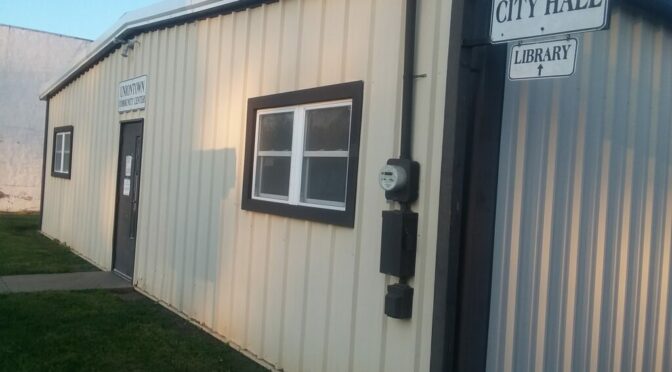These are the draft minutes of the Uniontown City Council
The Regular Council Meeting on December 14, 2021 at Uniontown City Hall, was called to order at 7:00 PM by Mayor Jurgensen. Council members present were Jess Ervin, Danea Esslinger, Josh Hartman, Amber Kelly, and Bradley Stewart. Also in attendance for all or part of the meeting were Kandyce Cox, Codes Enforcement Officer Doug Coyan, City Superintendent Bobby Rich, and City Clerk Sally Johnson.
SPECIAL CONSIDERATIONS/PROJECTS
CITIZENS REQUEST
Kandyce Cox requested permission to have a fourth adult dog. After some discussion, the council declined her request. Clerk Johnson will send her a copy of the ordinance limiting the number of adult dogs per household.
FINANCIAL REPORT
Treasurer Bolinger was absent. November written Treasurer report presented. Beginning Checking Account Balance for all funds was $350,214.68, Receipts $29,230.09, Transfers Out $3,026.00, Expenditures $28,195.21, Checking Account Closing Balance $348,223.56. Bank Statement Balance $349,966.93, including Checking Account Interest of $28.57, Outstanding Deposits $0, Outstanding Checks $1,743.37, Reconciled Balance $348,223.56. Water Utilities Certificates of Deposit $27,033.20, Sewer Utilities Certificate of Deposit $17,493.63, Gas Utilities Certificates of Deposit $23,317.91, Total All Funds, including Certificates of Deposit $416,068.30. Year-to-Date Interest in Checking Acct is $340.75 and Utility CDs $311.83 for a Total Year-to-Date Interest of $652.58. Also included the status of the Projects Checking Account for the month of November 2021, Beginning Balance $195.75, Receipts $0, Expenditures $195.75, Ending Balance $0. November Transfers from Sewer Utility Fund to Sewer Revolving Loan $1,402.00, from Water Utility Fund to GO Water Bond & Interest $1,624.00, Total Transfers of $3,026.00. Net Loss for the month of November $1,991.12, Year-to-Date Net Loss $52,874.91. Budget vs Actual Water Fund YTD Revenue $103,267.64 (103.5%), Expenditures $98,167.62 (79.3%); Sewer Fund YTD Revenue $33,763.44 (97.2%), Expenditures $32,681.90 (74.9%); Gas Fund YTD Revenue $134,210.29 (103.9%), Expenditures $248,727.85 (75.2%); General Fund YTD Revenue $132,245.25 (115.5%), Expenditures $134,793.23 (82.1%); and Special Highway YTD Revenue $9,287.36 (155.3%), Expenditures $12,368.20 (82.8%). The December 2021 estimated payables, including End of Year transfers, in the amount of $67,987.50 were presented.
Mayor Jurgensen handed out gift cards to employees in attendance and will personally deliver to those not in attendance.
CONSENT AGENDA
Motion by Ervin, Second by Hartman, Approved 5-0, to approve Consent Agenda:
- Minutes of November 9, 2021 Regular Council Meeting
- Treasurer’s Report, Monthly Transaction Report & Accounts Payables
DEPARTMENT REPORTS
Superintendent Rich reminded the Council they approved giving a gift to Matt Wells, Bob Hull, Inc for all the assistance he has volunteered, but they never specified what type of gift or monetary value.
Motion by Hartman, Second by Kelly, Approved 5-0 to gift Matt Wells with a $200 Visa gift card
He reported the tractor has an engine noise in the area of the water pump. It also “hesitates” when put in gear after it is first started or restarted. PrairieLand Partners estimated $1,600 for water pump repairs. He also talked to Ol’ Boys Tire and Auto but they decided they didn’t want to work on it. It was suggested to check with FSCC John Deere program and Councilman Stewart offered to contact a mechanic they use.
Motion by Ervin, Second by Esslinger, Approved 5-0 to allocated up to $3,000 for tractor repairs out the city streets and special highway funds
Rich gave the Council a list of trees available from Travis Russell, Traveling Trees. Two Autumn Blaze Maples and two Autumn Fantasy Maples were decided upon with one of each to be planted at the pond and in the park. Clerk Johnson will contact the school district about the location for planting at the pond.
Codes Enforcement Officer Coyan gave an update. 205 Washington now has utilities on; 104 Fulton does not have utilities on; a letter was sent to 210 Sherman to remove or replace the awning; 103 Third St wants to replace the sidewalk in front; 201 Fulton, 204 Fulton, 103 Sherman, new owners; 401 Sherman building permit for privacy fence behind house. Storage containers and buildings (306 Washington, 402 Washington, 302 Sherman) were discussed and what requires a building permit and what doesn’t. Clerk Johnson was directed to check with other cities to see what they have regarding storage containers, storage sheds, and fences.
Clerk Johnson has received complaints about traffic on Hill St. One citizen suggested speed bumps or all way stop signs at Fourth and Hill.
Motion by Ervin, Second by Hartman, Approved 5-0 to table discussion until January 10, 2021 meeting
She asked the Council if they wanted to participate in the Low Income Water Assistance Program through Kansas Department of Children and Families.
Motion by Ervin, Second by Kelly, Approved 5-0 to participate in the Low Income Water Assistance Program through Kansas Department of Children and Families
An update on natural gas winter pricing was given to all.
An email was received today regarding submitting Statement of Substantial Interest annually. She will check to see into statutes and check with the County Clerk.
A discussion was had concerning the January meeting conflicting with the School Board meeting.
Motion by Kelly, Second by Ervin, Approved 5-0 to change meeting time for the January 10, 2021 meeting to 5:30PM
Mayor Jurgensen has been researching splashpads and outdoor exercise equipment. Three designs for recirculating splashpads were received from RainDeck and distributed to all. The Council will continue discussion on splashpads and outdoor exercise equipment at the February 8, 2021 meeting. Ruritan did receive $10,000 grant from Bourbon County REDI for the splashpad project. Healthy Bourbon County Action Team’s Placemaking pathway could be used for the splashpad and there is $10,000-$17,000 allocated for Uniontown.
COUNCIL REPORT
Councilman Ervin – Thanked Frankie & Sally Johnson for the lights in the park.
Councilwoman Esslinger – Lights around town look nice, especially Clay and Hill Streets.
Councilman Hartman – nothing
Councilwoman Kelly – Wants to review dog ordinances at next meeting. Thank you to BBCO Sheriff deputies monitoring traffic on Fifth St.
Councilman Stewart – Inspected fishing dock walkway, it appears the east railing has only been spot welded. Rich will inspect and contact vendor if needed.
Mayor Jurgensen – nothing
OLD BUSINESS
Pond Improvement Project – The contractor installed the walkway and has been paid in full. Bourbon County Public Works has brought rock for the riprap. Some is north of the pond and the rest is on the railroad right-of-way.
City Utility Low-Interest Loan update – Two closed accounts have been finaled, but not paid. If not paid by January 10, they will be submitted to Collection Bureau of Kansas for collection. She was asked if she had received an update on the Attorney General’s investigation of pricing during the February extreme weather event. She has not but will check into.
American Rescue Plan Act update – US Treasury has opened the portal for NEUs report submitting.
NEW BUSINESS
CMB License Renewal – Union Station – application and fees for off-premises consumption received.
Motion by Ervin, Second by Hartman, Approved 5-0 to approve the 2022 off premises consumption CMB license renewal for Union Station
Water Rate Increase – notification of a 7.5% increase ($0.55/1000 gallons) was received from Bourbon County Consolidated Rural Water District #2. Discussion ensued about the possibility of finding an alternate supplier.
Motion by Ervin, Second by Hartman, Approved 5-0 to adopt Ordinance No. 195 – inside city limits a minimum charge of $25.81 for the first 1,000 gallons or part thereof and $12.11 per 1000 gallons after the first 1,000 gallons and outside city limits a minimum charge of $26.99 for the first 1,000 gallons or part thereof and $12.65 per 1,000 gallons after the first 1,000 gallons
Moved by Ervin, Second by Hartman, Approved 5-0, to adjourn at 9:35PM

